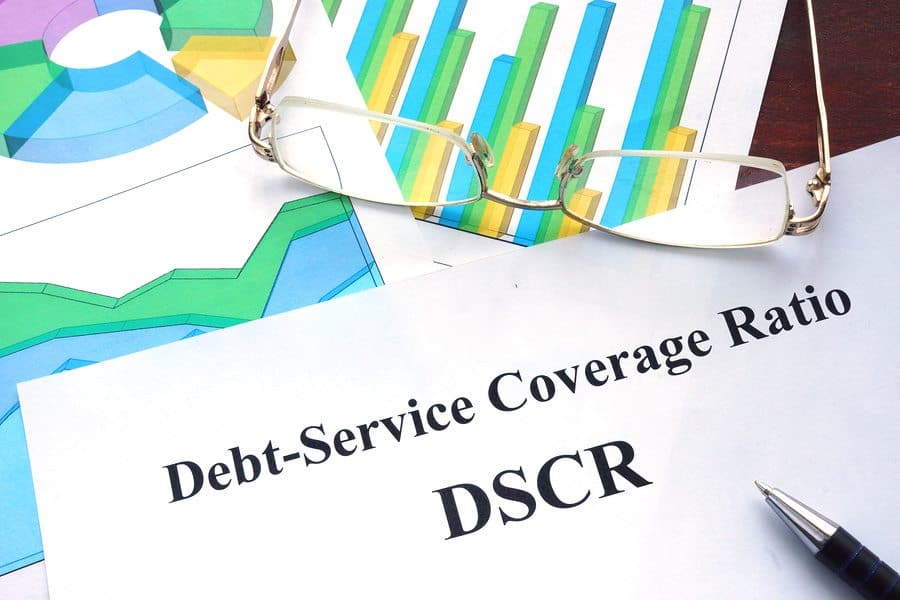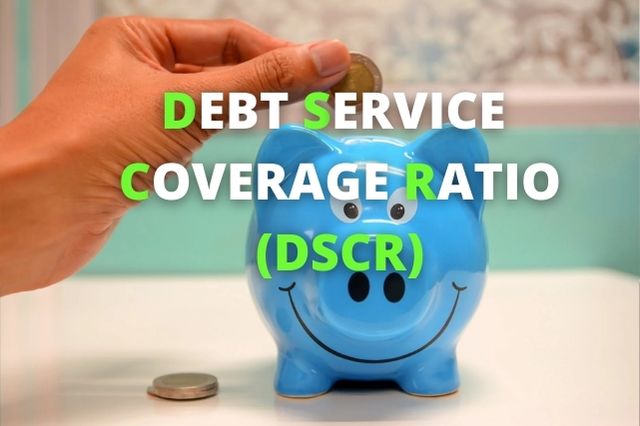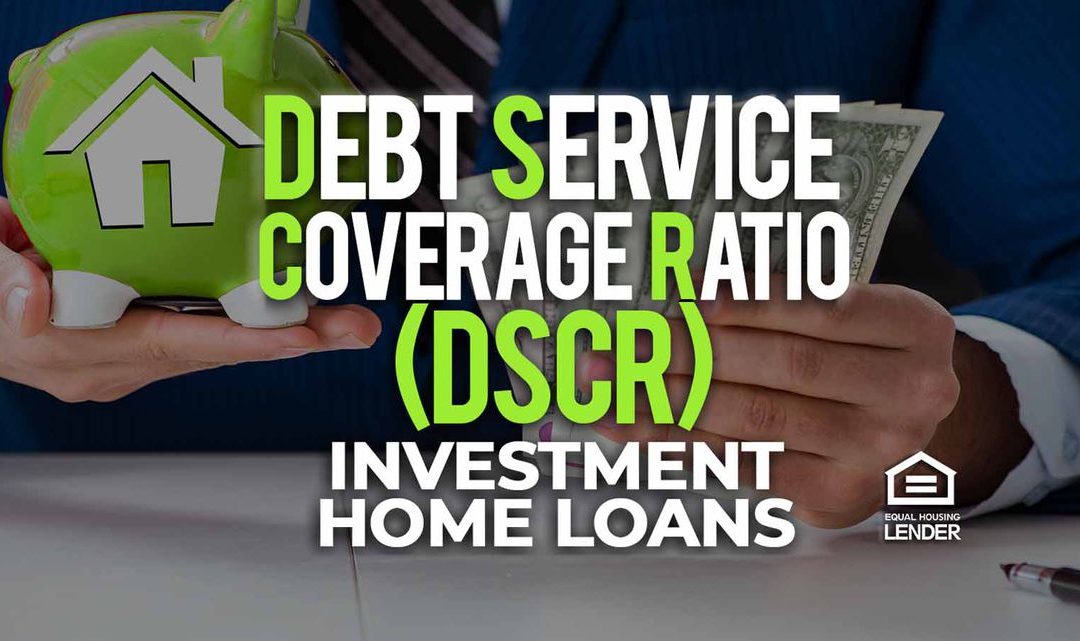Many of America’s Richest men in history have invested in Real Estate – Warren Buffet and Donald Trump are but two – and the vast majority of the wealthy invest in real estate as part of their portfolios, for good reason. While the stock market and other investment vehicles can swing wildly up and down, real estate is much more steady. Moreover, you can leverage your investment. If you buy $500,000 in stocks, you’re money is stuck there for better or worse. If you purchase a $500,000 property, you can take out a loan, spend the $400,000 on something else, and still enjoy the benefits of a $500,000 property. For “buy and hold” investors, the primary benefits is rent.
With the stock market as uncertain as it’s ever been, many people – and even Billion Dollar investment funds – are looking to get into the real estate market right now. A major problem for new investors is learning how to raise capital, and even veteran investors are always on the lookout for funding sources. This article is for both, as even many veteran investors are not aware of DSCR Loans, which have much lower interest rates than hard money loans and allow for re-financing and cash-out refinancing, something very desirable for the investor who wants to grow his real estate empire.
Property Funding Basics
Whether an investor purchases in cash or not, at some point they will take out a loan, as that is how “leveraging” happens. While conventional loans – the kind most use for their homes – are available for investment property, those loans are based on the credit of the borrower, require full underwriting, and are not available to business entities such as LLCs. That’s no bueno for a savvy investor. Thus local and regional banks and credit unions have historically been the first choice for investors seeking loans secured by their 1 to 4-unit rental properties. Investors turned down by these lenders have had to finance their ventures with hard money loans, which have interest rates that are usually double or triple the rate for a home loan, somewhere in the 8-12% range. But now there is a great alternative.
Partly as a result of the COVID Pandemic, a landlord loan product by larger lenders commonly referred to as the DSCR loan (short for ‘Debt Service Coverage Ratio’) has become competitive with local bank loan pricing and, according to industry observers such as Inman, is “taking market share away from local banks in heaps.” DSCR loans were designed with the single-family real estate investor in mind. This type of loan is used for smaller projects, but operates more like the “commercial” loans that are used to fund multifamily properties (apartment houses). For example, this product permits the mortgagor to be an LLC or other business entity, although it is still a full recourse loan.

What is “DSCR”?
The DSCR, or Debt Service Coverage Ratio, is a calculation by lenders to qualify a borrower. It’s a measurement tool that lets the lender know if the investment at hand will generate enough cash flow to, at minimum, cover the proposed debt amount. A DSCR ratio of 1.0 is referred to as the breakeven point, while a ratio above 1.0 indicates that the investment generates enough cash flow to cover the proposed debt obligation. The higher the ratio, the less risky the loan is viewed from a lending, and an investing, perspective. Yes, this is also a great formula for investors to use when looking at properties to purchase.
How is a DSCR calculated?
Calculations of this ratio may vary from lender to lender, but the general formula is: Net Operating Income (NOI)/Debt Obligations. As an example, Mr. Bier is looking at an investment property that has a NOI of $40,000 and an annual debt of $32,000. The DSCR here is 1.25. This means that Mr. Bier’s property generates 25 percent more income than what is needed to pay his debt obligation, therefore generating a positive cash flow. This valuation provides the lender with a quick tool to break down the borrower’s ability to pay off their debt obligation. Lenders have company-specific ways to research and forecast what a particular real estate property may rent for. To determine value and rent, most DSCR lenders require a full interior 1004 Form appraisal, as well as a 1007 Single-Family Comparable Rent Schedule. While other requirements must also be met to qualify for this loan type, this ratio calculation is key.

DSCR Loan Rates
While the Debt Service Coverage Ratio for the property is the basis of loan approval and the key factor in the product’s pricing, the investors’ FICO score can be a factor in the product’s pricing.
Down Payments for DSCR Loans
Down payment minimums usually range 20 to 25 percent, depending on the lender. Not having to purchase investment properties in cash gives investors the opportunity to invest in more properties which in turn results in greater cashflow and this is how you see investors with 25-50 SFRs after only 5-10 years in the business.
DSCR loan Benefits
Many investors favor the DSCR loan over local bank loan alternatives due to the competitive interest rates, the simpler underwriting process, and faster relative closing time frames. It is typical for a DSCR lender to be able to pre-approve a borrower in hours and close a loan within days of receiving the appraisal and title work.
#1, Personal income calculation is not required. The lender is instead focused on the cash flow that the real estate investment at hand is predicted to generate. This erases the need to turn in those paystubs while also erasing the need for employment verification, which is a big deal for real estate investors who don’t also have steady W2 jobs.
#2, Without the income verification and job history review, the time to close the loan is shortened. Getting the necessary funds in the hands of the investor as soon as possible as having the ability to close quickly and smoothly makes offers that much stronger, and important factor in today’s market.
#3, Unlike home loans, DSCR loans can be taken out by business entities. Asset protection and tax advantages are just two huge reasons and investor would rather not have title and financing in their own name personally. Unlike “commercial” loans for apartment houses, this loan product is generally full recourse to the members of the LLC that own the property.
#4, DSCR loans can have a variety of loan terms, amortization, and prepayment penalties. The 30-yr fully amortizing DSCR loan is probably the most popular. Cash-out refinances are available, and with the increase in real estate values over the past few years, many investors are taking the opportunity to tap some of their equity and lock in rates at today’s still historically low levels.

To Sum It All Up…
DSCR loans have existed for years, but the rates weren’t very competitive pre-COVID and so regional banks and credit unions reigned supreme as lenders to 1-4 Unit real estate investors. With newly competitive rates and terms designed for investors, the DSCR loan has been making a splash in the single-family investing space. And with banks struggling to ‘find their place’ in this rapidly evolving financial world, DSCR loans may be another example of the disruption that soon becomes the ‘new normal’.
If you’re an investor who didn’t know about DSCR loans and went straight to hard money, you’re probably very happy right about now. All in all, DSCR Loans are an extremely valuable product that offers shorter closing times than conventional loans and lower interest rates than hard money loans, allows you the real estate investor to separate your business from your personal affairs, does not dig deep into your personal records, and requires a lower down payment than many competing loan products. It’s a great tool for an investor to grow his business, and what real estate investor doesn’t want to grow his business?



Recent Comments